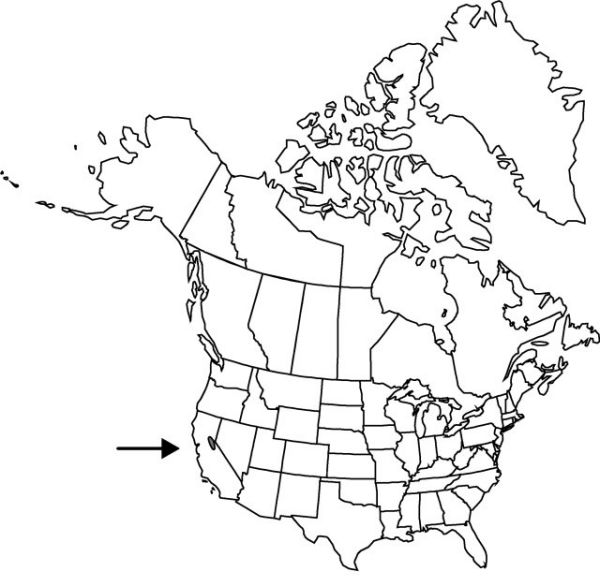Difference between revisions of "Chlorogalum grandiflorum"
Leafl. W. Bot. 2: 128. 1938.
FNA>Volume Importer |
FNA>Volume Importer |
||
| Line 49: | Line 49: | ||
|publication year=1938 | |publication year=1938 | ||
|special status= | |special status= | ||
| − | |source xml=https://jpend@bitbucket.org/aafc-mbb/fna-data-curation.git/src/ | + | |source xml=https://jpend@bitbucket.org/aafc-mbb/fna-data-curation.git/src/f6b125a955440c0872999024f038d74684f65921/coarse_grained_fna_xml/V26/V26_611.xml |
|genus=Chlorogalum | |genus=Chlorogalum | ||
|species=Chlorogalum grandiflorum | |species=Chlorogalum grandiflorum | ||
Revision as of 19:32, 24 September 2019
Bulbs ovoid, 5–7 cm, tunic reddish to brown, membranous, outer scales with few delicate fibers. Leaves 1–3 dm × 4–12 mm, margins strongly undulate. Panicles 3–10 dm, branches ascending. Flowers vespertine, closed by following morning; tepals recurved at anthesis, white with purplish midvein, linear, 1.5–3 cm; stamens typically slightly shorter than tepals; anthers yellow, 3 mm; pollen yellow; style often exserted after anthesis, 12–28 mm, equal to or slightly longer than tepals; pedicel stout, 2–5 mm, much shorter than perianth. Capsules 5–8 mm.
Phenology: Flowering May–Jun.
Habitat: Among rocks (usually serpentinite) on open brushy or wooded hills
Elevation: 300–500 m
Discussion
Of conservation concern.
Chlorogalum grandiflorum is considered by the California Native Plant Society to be endangered in a portion of its range. It is often confused with C. pomeridianum var. minus because of bulb characters, but it can be distinguished by its short, stout pedicels and larger flowers.
Selected References
None.
